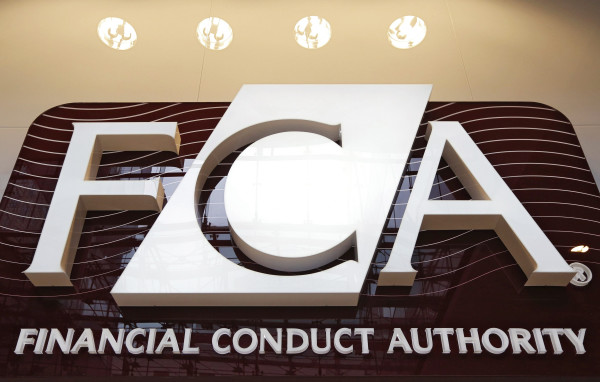

Today the Financial Conduct Authority has proposed a range of rules to address problems it has found in the peer-to-peer lending sector.
The 156-page paper looks at loan-based and investment-based crowdfunding platforms, which have seen huge growth in recent years, but it focused mainly on the first of these, which is often referred to as peer-to-peer (P2P) lending.
P2P lending, where an investor lends money to another consumer or business through a platform to make a financial return, has become increasingly popular among retail investors, and the crowdfunding market has grown from an estimated £500m in 2013 to £2.7bn in 2015.
Data from the Peer-to-Peer Finance Association showed cumulative lending by its members was approaching £9bn at the end of March 2018.
Here are the five key takeaways from the FCA’s P2P paper.
1) The P2P landscape is very complex, which may be bad for investors
The FCA found P2P platforms tend to have very complicated business models, since they not only facilitate lending but typically price loans and often manage investors' portfolios to achieve a target return.
It expressed concern that the inherent complexity in some models creates greater potential for harm to investors, largely because platforms with different models advertise their offering in different ways, which in turn impacts how the investor perceives the role of the platform.
This may lead to a mismatch of expectations between what an investor thinks they are getting, and what they are actually getting in practice.
In some platforms, the platform sets the price and chooses the investor's portfolio to generate a target rate, but in others the platform sets the price and the investor picks the underlying loans. Other platforms simply act as a conduit between the investor and the loan.
2) Some platforms are failing to communicate
The FCA found platforms do not always communicate to investors the true nature and risk of the investment they will be exposed to.
Among the examples it found was a failure to include a prominent investment risk warning, platforms creating a sense of scarcity that might encourage investors to act impulsively and advertisements emphasising the positive nature of investments while failing to balance this with an explanation of the risks.
It also found instances of past performance being included in advertisements without a clear warning this did not indicate likely future performance.
The FCA also found examples of insufficient ongoing disclosure. For example, an investor might not be made aware that loans within their portfolio have defaulted.
The regulator also had a particular concern about cost disclosure in the P2P sector, where charging structures are "often opaque".
To address these issues, the FCA has proposed forcing P2P platforms to disclose certain things such as the expected and actual rate of return and default rates.
3) The management of risk could be improved
The FCA found a number of instances where it was not clear the interest paid by the borrower was linked to the credit risk they pose, or the return received by the investor reflected the investment risk they were prepared to take.
On top of this, the FCA found that where a P2P platform offered investors a target rate of return for a discretionary portfolio which they assembled or managed, they were not always exposing investors to loans which met the risk parameters advertised at the time of investment.
In response, the FCA has proposed rules that, when choosing P2P agreements on behalf of the investor, platforms must only facilitate ones in line with the risk parameters advertised to the investor.
On top of this, P2P platforms offering a target rate of return must be able to determine, with reasonable confidence, that a portfolio will generate the advertised target rate.
4) Whatever the FCA does, P2P investing will be risky
Ultimately the FCA came to the conclusion that however good the governance and controls that a platform has in place, the underlying investments and loans are generally high risk.
It highlighted that the loans are unsecured and made to individuals and small businesses. The investors' ability to exit the agreements is also not guaranteed, and the sector has not yet been through a full credit cycle.
The FCA also highlighted that an investor's investment is inextricably dependent on the actions of others, including the platform itself.
For example, a borrower may secure a loan against an asset but no individual investor is likely to be able to enforce this and for small exposures it is unlikely that, for an individual investor, it will be economically viable to do so.
Investors might also naturally expect the platform to enforce the security on their behalf, but the FCA warned the platform may do this later than some investors would prefer.
5) P2P lenders may soon be coming to the mortgage market
There is currently no UK P2P market for regulated home finance but the FCA has said it is aware some P2P platforms are considering moving into residential secured lending.
But the FCA has concerns this might mean nobody has responsibility for the regulated mortgage lending activity because it would be possible for a P2P platform to facilitate a loan where some or all of the investors are not required to be authorised.
To address this, the FCA has proposed that where a P2P platform facilitates home finance products and at least one of the investors is not required to be authorised, the platform itself must comply with the regulator's mortgage conduct of business rules.
damian.fantato@ft.com



